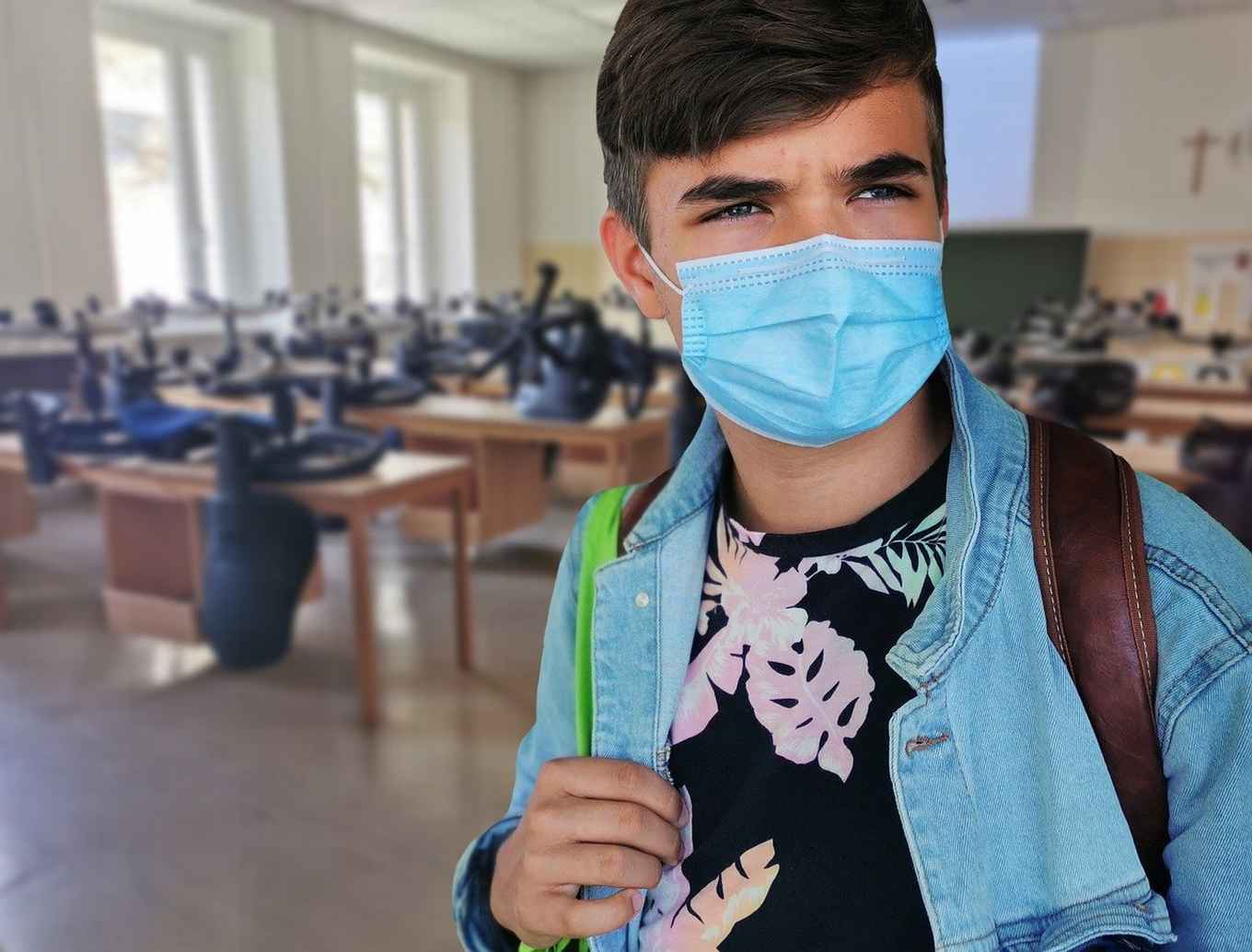Why people comply with COVID-19 mitigation measures
24 November 2020

C-Lab researchers have aimed to understand this question, conducting a series of studies in countries from across the globe. Using samples from Europe, the United States, China, and the Middle East, the findings show that compliance does not only depend on people’s beliefs about the threat of COVID-19, or on their support for measures to mitigate it. Rather, their compliance also depends on whether they know what the measures require of them, and whether they are practically able to do so. Furthermore, it depends on whether others around them are complying, if they see opportunities for not following the measures, and if they are able to control their own impulses.
By identifying these processes, these studies do not only help us to understand why citizens did (or did not) follow mitigation measures during the first wave of the pandemic, or its aftermath. Rather, they also reveal important avenues through which mitigation policies could be augmented, in order to promote and sustain compliance during the second wave and beyond.
For more information about this project, including working papers and policy reports, please see: corona-compliance.org.